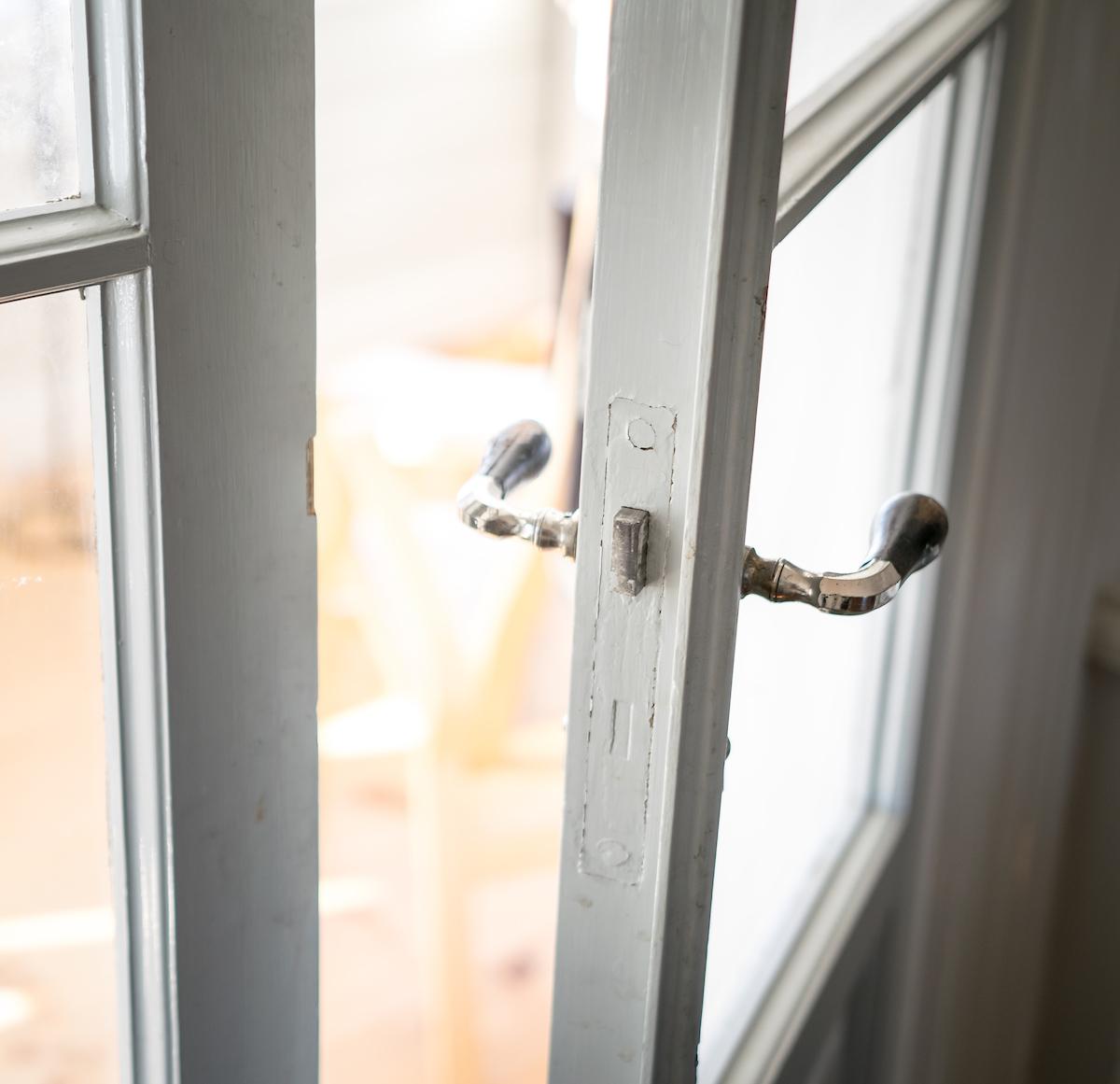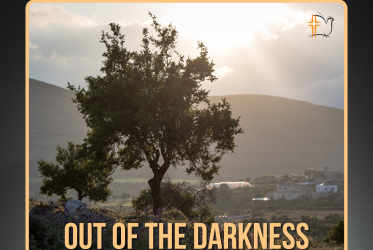On 27 March, a hug between a 7-year-old girl, Majida, and her grandmother reflected the bright light of possibility that the ecumenical Humanitarian Corridors project continues to bring to refugees arriving in Italy.
The child was waiting with other family members at the Fiumicino Airport in Rome as her grandmother arrived, safely and legally, in Italy from Lebanon.
They embraced in what the young Majida’s father called “a two-Majida hug,” for the girl is named for the grandmother she had never met until that moment.
“The same day that Majida (senior) left her home in Idlib to flee for Lebanon – a home which the bombs had spared until that point – a missile landed right on it,” explained Haji, the father and son of the newly united Majidas.
The grandmother will now live with her family not far from Rome.
Their story is one of many: on the same day Majida arrived, so did 41 other refugees, a third of whom were children. The next day, another 42 arrived from Beirut.
The refugees are being settled throughout Italy, from Piedmont to Lombardy, Liguria to Lazio and Sardinia to Sicily, where they are received into accommodation managed by the organisations that created and operate the Humanitarian Corridors project: the Federation of Protestant Churches in Italy (FCEI) through its Refugees and Migrants Program “Mediterraenan Hope”, the Tavola Valdese and the Comunità di Sant’Egidio.
“We are here because we need to be alongside those who are suffering and with those who are seeking to have human rights upheld, because it is possible to open legal humanitarian channels which are safe for refugees and safe for Italians. We are here because it is right,” said Paolo Naso, coordinator of the Mediterranean Hope - Refugees and Migrants Program of the FCEI.
Naso also recalled the philosophy of Rev. Dr Martin Luther King, close to the fiftieth anniversary of King’s assassination: “Cowardice asks the question: is it safe? Politics asks: is it popular? But only conscience asks: Is it right? And we are here today because it is right.”
A ‘virtuous synergy’
The Humanitarian Corridors project is organized by religious and civil society groups, in collaboration with the ministers of Internal and Foreign Affairs. This Italian model is now being replicated in France and Belgium. The government provides humanitarian visas to enter the country and to ensure access to the right of applying for asylum. The visas do not allow passage to other countries in the European Union. Faith-based agencies furnish airline tickets to Italy as well as accommodation, assistance with asylum procedures, educational opportunities and Italian language courses.
The president of Sant’Egidio, Marco Impagliazzo, described the Humanitarian Corridors as “corridors of peace”, inviting those who are starting down the path of integration “to work with us for peace, the only guarantee of rights for all.”
During a 27 March press conference, Italian vice-minister for Foreign Affairs, Mario Giro, defined the war in Syria as “the scandal of the century”, adding: “Our enemy is war. [There are] no nationalities, nor ethnic groups, just men and women who need to oppose war which is at the root of everything that is evil”.
Vice-prefect Donatella Candura from the Italian Ministry of Internal Affairs, singled out the exceptional work which has been undertaken by the organisations involved, calling it a “virtuous synergy”.
Justice at sea
The FCEI Program for Refugees and Migrants “Mediterranean Hope” has also begun a program to support and cooperate with search-and-rescue actions in the Mediterranean Sea.
“In taking this decision,” said FCEI president pastor Luca Maria Negro, “the Federation of Protestant Churches in Italy stands by the proposition that rescues in international waters of refugees escaping desperate conditions of persecution, violence and torture is not a crime but, on the contrary, a moral duty which, for we Christians, has deep-rooted biblical and theological justification”.
The decision follows the impoundment of the vessel “Open Arms”, moored in the Sicilian Pozzallo harbor. The tugboat of the Spanish non-governmental organization Proactiva was impounded and its crew accused of criminal conspiracy for illegal immigration following the 43rd rescue mission.
Previously, during the 42nd mission, two operators of Mediterranean Hope had the opportunity to participate in sea rescues, saving more than 200 people from the sea. With its decision, FCEI underlines the importance of putting non-governmental organizations in condition to operate.
Negro expressed solidarity with those “who have the courage to undertake maritime search and rescue activity in the name of the right to life and protection of refugees in a gravely vulnerable state”, and at the same time, expressed his confidence in the fact that “Proactiva can show that it has operated solely for humanitarian ends and within the confines of the international maritime law”.
As Humanitarian Corridors effort grows, France welcomes first group of refugees (WCC press release of 20 July 2017)
First of 1,000 refugees arrive in Italy through “Humanitarian Corridors” project (WCC press release of 9 February 2016)
Italian Christians establish safe Mediterranean passageways for refugees (WCC press release of 17 December 2015)








